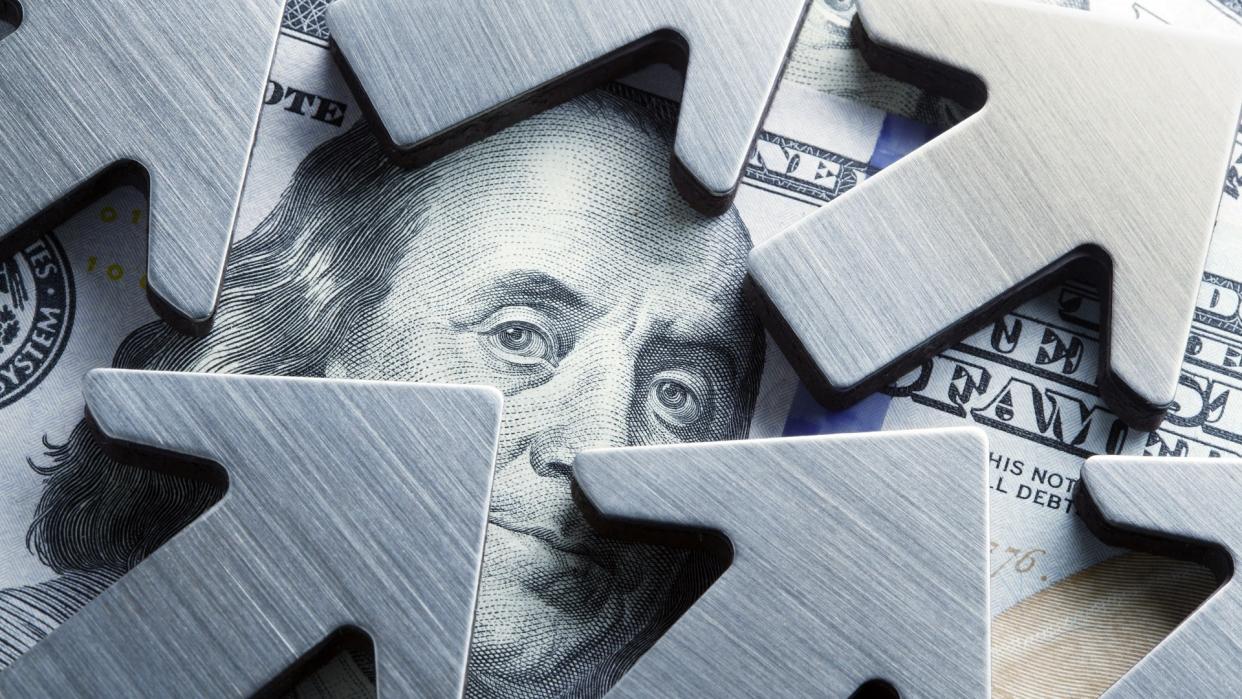Do Rising Interest Rates Really Combat Inflation? Experts Weigh In

The Federal Reserve voted to raise the benchmark interest rate by 0.75 percentage points in June, but some say this isn’t the right solution to fight off record inflation rates. According to one analyst, high prices have mainly been driven by supply chain constraints, CNBC reported.
Learn: Unplug These Appliances That Hike Up Your Electricity Bill
Look: 7 Surprisingly Easy Ways To Reach Your Retirement Goals
“Supply is very difficult to manage, we are finding across a whole bunch of industries, a whole bunch of businesses, they’re having very different challenges just turning the taps back on,” Paul Gambles, managing partner at advisory firm MBMG Group, told CNBC’s “Street Signs.
Higher demand for goods and pandemic-related disruptions to the supply chain caused a shortage of goods across the globe. Record cargo volumes at major U.S. ports and a shortage of workers caused shipping costs to skyrocket in 2021.
By raising interest rates, the Federal Reserve hopes to reduce consumer demand, which has overwhelmed the supply chain.
In a June 15 statement, the Fed said it elected to raise rates as “overall economic activity” appeared to have picked up in the first quarter of 2022, with rising inflation reflecting “supply and demand imbalances related to the pandemic, higher energy prices and broader price pressures,” CNBC noted.
However, Gambles said that adjusting monetary policy is “the wrong solution to the problem,” pointing out that demand is lower than what it was even before the pandemic. Economists are also saying that using interest rate hikes to curb inflation could put us into an economic recession.
Live Richer Podcast: Unexpected Ways Losing a Spouse Can Affect Your Finances and Retirement
“If we look at where employment would have been in the States, if we hadn’t had COVID, and we hadn’t had the lockdowns, we’re still about 10 million jobs short of where we would be. So there’s actually quite a lot of potential slack in the labor market. Somehow that’s not translating to the actual slack,” he said, as reported by CNBC.
“And, again, I don’t think that’s a monetary policy issue. I don’t think monetary policy would make a great deal of difference to that.”
More From GOBankingRates
This article originally appeared on GOBankingRates.com: Do Rising Interest Rates Really Combat Inflation? Experts Weigh In

 Yahoo Movies
Yahoo Movies 
